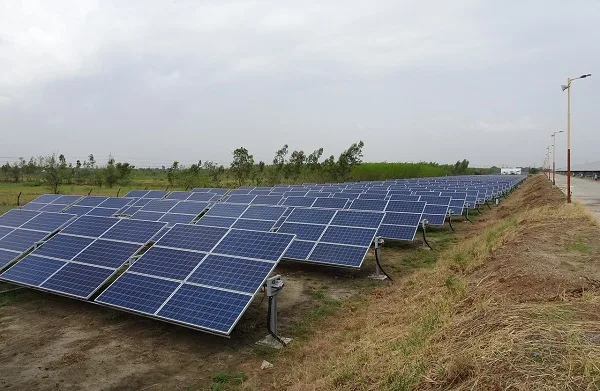Brussels – China is allegedly disadvantaging European companies and products in the medical device procurement market through measures to restrict participation in tenders. For this reason, the European Commission has launched an investigation under the International Procurement Instrument (IPI). It is the first investigation of its kind, aiming to ensure reciprocity in access to international public procurement markets.
The idea is not a confrontation but defense, the EU executive explains. The dossier was opened “in response to measures and practices in the Chinese market,” and after attempts at agreement fell through, said Trade Commissioner Valdis Dombrovskis: “Unfortunately, our repeated discussions with China on this annoying element in trade have been fruitless.” So now we’re getting tough: “We trust that this IPI investigation will galvanize our dialogue and help us find mutually acceptable solutions.”
In Brussels, they do not doubt the People’s Republic’s unfair practices. Trade flows say that Chinese exports of medical devices to the European single market have increased by more than 100 percent between 2015 and 2023, demonstrating the overall openness of EU markets. In the opposite direction, however, there are too many bottlenecks and difficulties.
“Evidence indicates that China’s medical device procurement market has gradually become more closed to European and foreign companies, as well as to products manufactured in the EU.” This is due to measures introduced by China that “unfairly differentiate” between local and foreign companies and between locally produced and imported medical devices.
China will now have the opportunity to make its case and produce the necessary documentation and evidence to prevent the shutdown by the EU, also to the point of complete exclusion of Chinese companies from the European procurement market. The EU will submit the decision to the Member States, and there is still the possibility of shelving the matter at any time “if China takes corrective action or makes satisfactory commitments,” the EU executive adds.
It is the latest act in a Sino-European trade confrontation that has become increasingly tense. The EU already looked at Chinese steel and dumping policies, for which duties were imposed. Then it was solar panels, and finally, the probe on subsidies for the electric car industry.
English version by the Translation Service of Withub




